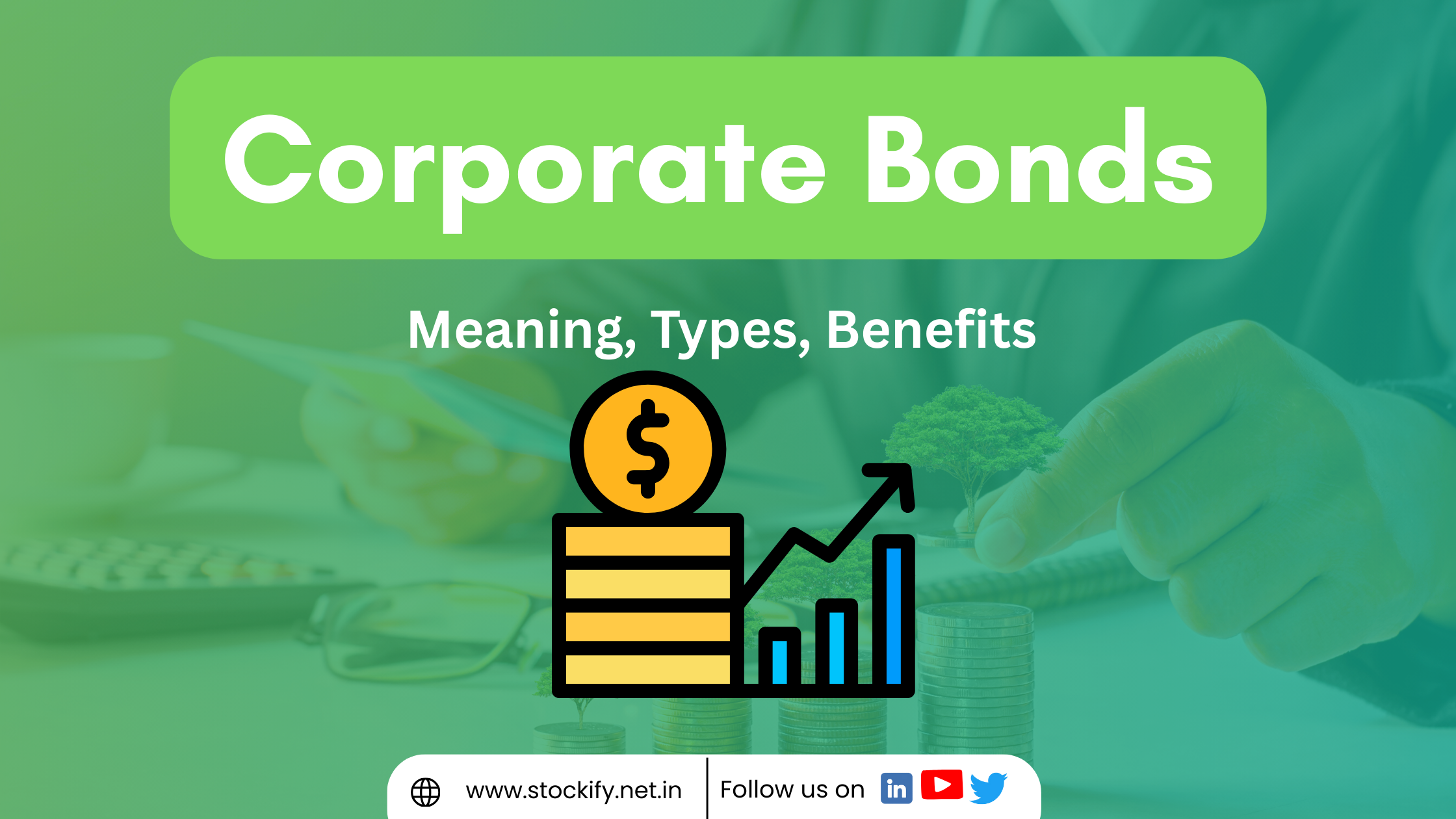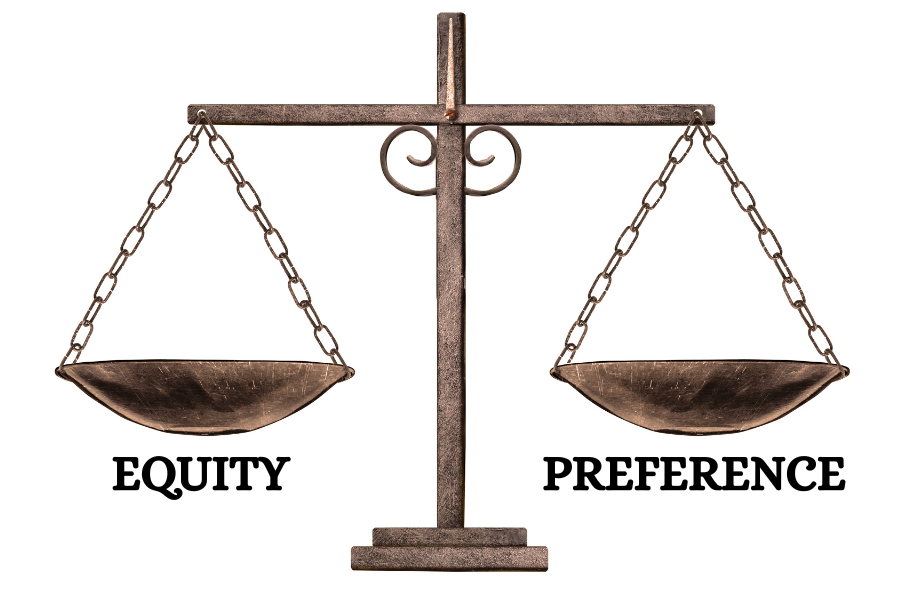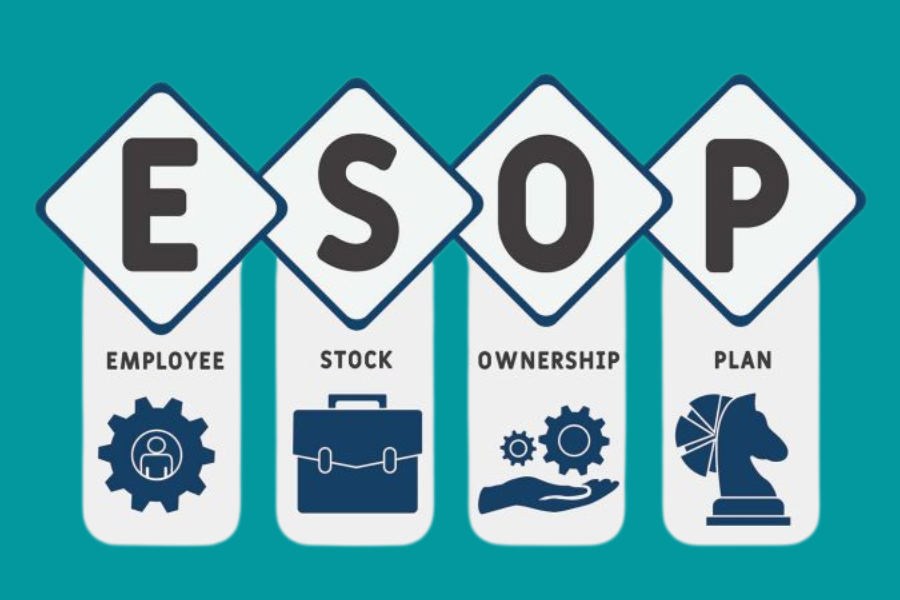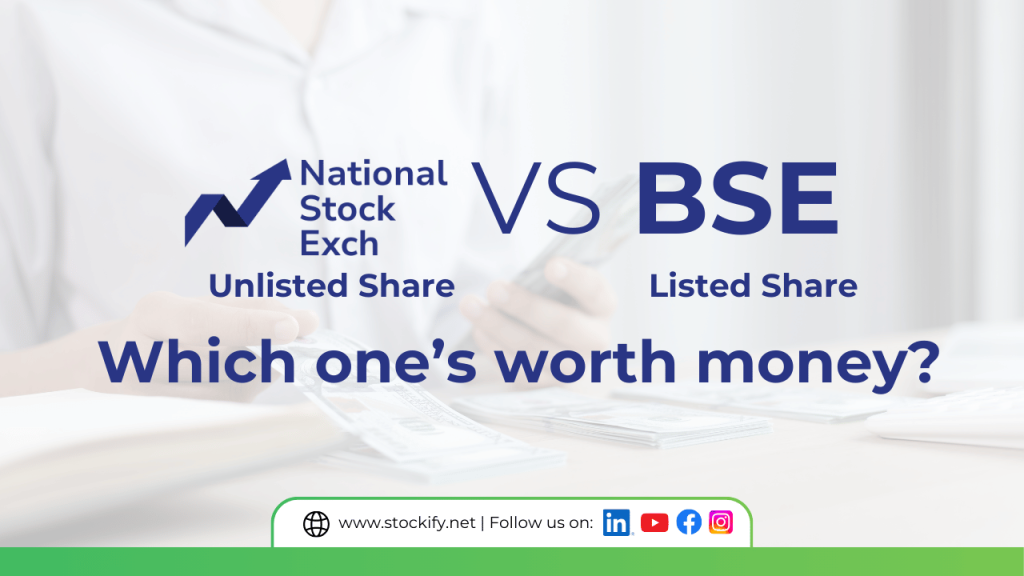Table of Contents
Buy/Sell Your Unlisted Shares
Submit the details below to share a quote.
A corporate bond is a debt security that a company issues to raise money. Here, the company makes a legal commitment to pay interest on the principal and return the principal when the bond becomes due or matures. The company uses the money raised to grow its business, pay bills, build capital, make acquisitions or other business needs.
Corporate bonds in India gained much traction as an effective debt financing option compared to bank loans.
Corporate Bonds are considered a relatively safe investment compared to stocks as they are backed by a company's assets and cash flows. The creditworthiness of the issuing company is an essential factor for investing in bonds.
Before issuing bonds, they are reviewed and rated for their creditworthiness by one or more of the three major rating agencies in India, namely , ICRA and . Each one has its system of ranking, but the highest ranked is the 'AAA' Bonds. The lowest-rated bonds are called 'D', which means either the company is in default or has a high risk of default shortly.CRISIL
Bond ratings are essential to alert investors about the quality and stability of the company issuing bonds, directly affecting their interest rates and pricing.
Corporate Bonds give fixed interest to investors at fixed intervals. Thus giving investors a stable stream of income, especially useful for investors looking for a predictable source of income.
Corporate bonds are low-risk options as they are backed by a company's creditworthiness.
Once the bond reaches its maturity period, investors get their principal amount back, thus minimising the risk of losing money.
Investing in bonds helps investors in diversification of their funds, spreading their risks across different investments, leading to less overall portfolio risk.
Corporate Bonds can be sold in secondary markets, giving investors flexibility in holding their investments.
There are different options when it comes to investing in bonds. Some are short-term maturing in 3-5 years, while some others can have a holding period up to 30 years. Here are some common types of bonds:
These are bonds based on their creditworthiness. They range from top-tier AAA to BBB and D graded bonds. The credit rating affects the interest rate of bonds.
These are debt securities issued by companies that have a major default risk compared to credit-grade bonds. Because of the high potential of default, there is uncertainty around the repayment of interest and principal. This makes them interest bonds to compensate for the risk involved.
These bonds give you an option to convert your bonds into a company's shares at a predetermined conversion ratio. This gives the potential for capital appreciation if the stock price rises.
Some corporate bonds are callable, i.e. the issuing company allows bondholders to redeem their shares before the date of maturity.
Unlike traditional bonds with periodic interest payments, zero-coupon bonds do not make regular interest payments. Instead, they are issued at a discount of their fair value and grow to their face value at maturity, giving investors a lump sum payment.
Corporate bond interest rates have an inverse relationship with corporate bond prices. This means when the interest rate goes up, bond prices go down and vice versa. Let's understand with an example.
Let's say the face value of a bond is Rs 1,000.
This is the amount you get at maturity. Assuming the coupon rate (interest rate) to be 5% and the maturity time to be 1 year. The bond pays Rs 50 once, and you get back Rs 1,000.
Now let's say interest rate rises to 6%, i.e. the new bonds are paying Rs 60 for Rs 1000. But you pay only Rs 50 for Rs 1000. It's less attractive, so you sell it at a lower price. The new buyers will want to earn at least 6% from bonds.
So your new price will be {(50+1000)/ 1.06} = Rs 990.57.
Thus bond price dropped from Rs 1000 to 990.57 for 1% increase in interest.
This is another type of risk where limited market demand can lead to a fall in bond price when a seller attempts to exit the position by discounting to find the existing buyer.
Corporate bonds are a form of debt financing. One of the major sources of financing for businesses, along with equity, bank loans and limits. They are often issued to provide companies with a liquid cash for a particular project.
A company needs to have consistent earnings or earning potential to be able to offer debt securities to the public at a decent coupon rate. Also, companies with a healthy credit rating are able to issue more debt at lower interest rates.





















































